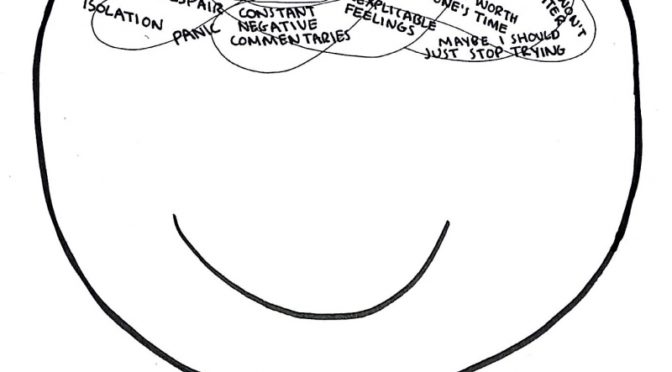Remembering 9/11: The Courage, Strength, and Resilience of the Human Spirit
Posted by Collaborative Counseling

Twenty-two years ago today, the world changed forever. On September 11, 2001, terrorists hijacked four airplanes and carried out a series of coordinated attacks that killed nearly 3,000 people and injured thousands more.
The attacks were a horrific act of violence, but they also brought out the best in humanity. In the days and weeks that followed, people from all over the world came together to show their support for the victims and their families.
We saw acts of courage and compassion from firefighters, police officers, and ordinary citizens. We saw people donate blood, volunteer their time, and open their hearts to those in need.
The courage, strength, and resilience of the human spirit was on full display in the aftermath of 9/11. It is a reminder that even in the darkest of times, there is always hope.
Here are some specific examples of the courage, strength, and resilience of the people in the aftermath of 9/11:
- Firefighters and police officers risked their lives to save others.
- Ordinary citizens volunteered their time and money to help the victims and their families.
- People from all over the world donated blood and other supplies.
- Businesses and organizations offered free or discounted services to help those in need.
- Children wrote letters of support to the victims and their families.
- Survivors of the attacks found the strength to rebuild their lives.
The attacks of 9/11 were a terrible tragedy, but they also showed us the best of humanity. We saw people come together to help each other in a time of need. We saw the power of the human spirit to overcome adversity.
How Can We Celebrate the Courage, Strength, and Resilience of the People?
- Honor the past. Learn about the history of your community or country and the challenges that people have faced. This can help you to appreciate the courage and strength of those who came before you.
- Recognize the present. Be aware of the challenges that people are facing today, both locally and globally. This could include things like poverty, war, or natural disasters. Find ways to support those who are struggling.
- Celebrate the good. There are many stories of courage, strength, and resilience happening all around us. Take the time to read about or watch these stories to be inspired.
- Get involved. There are many ways to get involved in your community and make a difference. You could volunteer your time, donate to a cause, or start your own project.
- Be kind. One of the simplest ways to celebrate the courage, strength, and resilience of others is to be kind to them. This could mean something as small as holding the door open for someone or as big as donating blood or volunteering at a soup kitchen.
We can also celebrate the courage, strength, and resilience of the people by living our lives to the fullest. Let us never take our freedom for granted and let us always be willing to help others in need.
Conclusion
September 11, 2001 was a dark day in our history, but it also showed us the best of humanity. The courage, strength, and resilience of the people in the aftermath of the attacks is an inspiration to us all.
Let us never forget the victims and their families, and let us always strive to live our lives to the fullest. We can honor the memory of those who lost their lives on 9/11 by being courageous, strong, and resilient in the face of adversity.
Here are some resources for those who are struggling with grief or trauma:
- National Center for PTSD: This website provides information and resources on post-traumatic stress disorder (PTSD), including coping strategies, treatment options, and support groups. https://www.ptsd.va.gov/.
- American Psychological Association: This website provides information on grief and loss, trauma, and coping strategies, as well as a directory of psychologists who specialize in these areas. https://www.apa.org/topics/grief/.
- The Dougy Center: The Dougy Center is a national organization that provides grief support to children, teens, and their families. You can find their website here: https://www.dougy.org/.
- The Compassionate Friends: This organization provides support to bereaved parents and families. https://www.compassionatefriends.org/.
- The National Child Traumatic Stress Network: This website provides information and resources on childhood traumatic stress, including treatment options and support groups. https://www.nctsn.org/.

 View Our Locations
View Our Locations Request Appointment
Request Appointment







